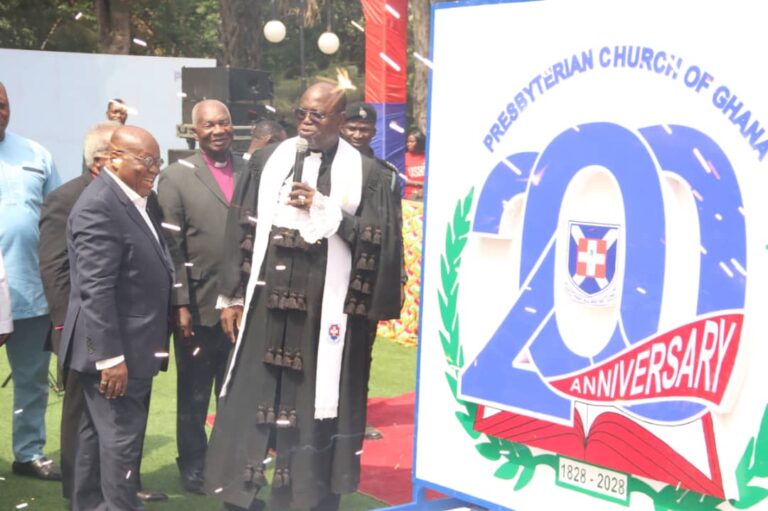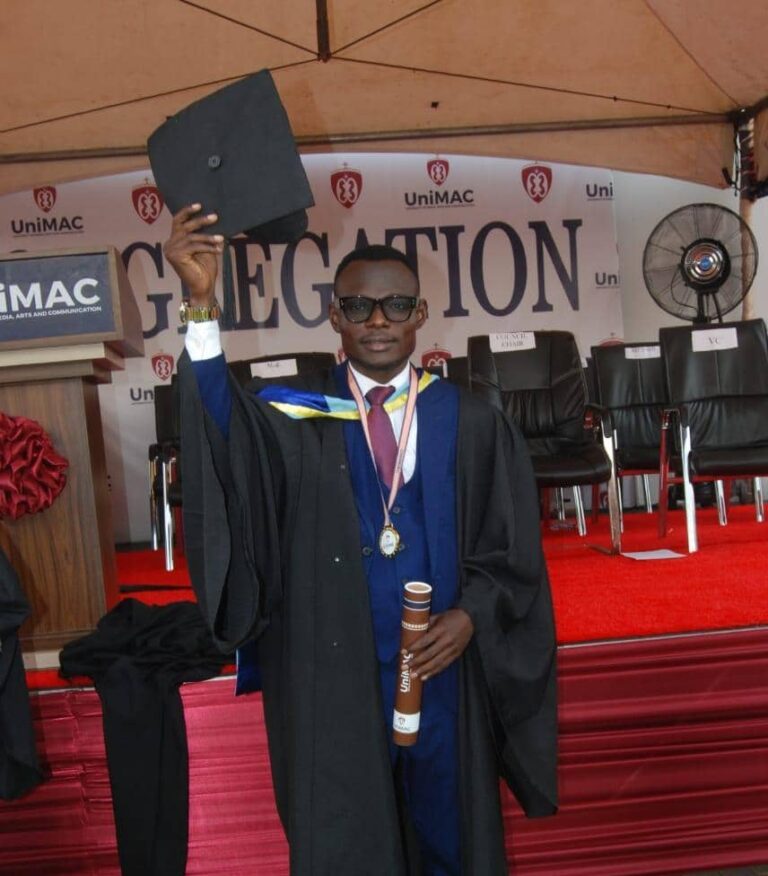
President Akufo-Addo with members of the Board of TCDA
Just like the several agro initiatives, including the Planting for Food and Jobs, Planting for Export and Rural Development, Youth in Agriculture, and Young Entrepreneurs in Agriculture, that have helped in transforming many lives, the Minister of Food and Agriculture has explained how the Tree Crops Development Authority (TCDA) intends to transform the agricultural sector by another deft initiative.
As a novel agro initiative, it comes in the wake of frustrations that farmers have had to harbour since the John Mahama tenure against a similar agro Authority – the Savannah Accelerated Development Authority (SADA) – in which hundreds of millions of scarce foreign exchange was looted and shared by businesses, agents and cronies of the previous administration.
The result was that not only were the resources wasted, but the communities and their farmers whom the project was designed to assist also ended up being impoverished and disadvantaged to the pits of drudgery.
Another ‘cocoa’ industry
It is estimated that Ghana could rake in an extra $16 billion annually from the project – enough to redeem our indebtedness and further transform our infrastructure or social protection programmes.
The trees under consideration include mango, cashew, palm and coconut – all of them traditional crops that have been around for centuries in this country and which would not take rocket science to crop and harvest.
The crops are said to be alternatives for our vibrant cocoa sector, with the potential of earning as much as the cocoa sector would fetch us each year or more – processed, exported or unprocessed, with the potential to drive the 1D1F programme in generating jobs and improving lives and livelihoods.
The revelation becomes more refreshing considered against the background of a marketing project, research outfit, laboratories and extension services that will accompany such a programme – with attendant generation of public sector jobs aside of the producers and entrepreneurial angles to business and revenue.
Alternative livelihoods
Another advantage of the project is that because it is crafted as a Planting for Export and Rural Development (PERD) initiative, it effectively deals with the illegal galamsey headache as a sustainable economic alternative, even as we reclaim hundreds of wasted, degraded land for use to grow these commercial, exportable crops.
Beyond that, it helps in developing a massive rural economy which in turn leads to a massive socio-economic development of communities in several regions, from the south into the Middle Belt. Prosperity will rub off hitherto economically disadvantaged families, reducing poverty levels and drudgery in the countryside.
With the resumption of work on the Boankra Inland Port project, the potential of the TCDA initiative to transform the Middle Belt, and with this the number of youth who are migrating southwards to find work will reduce.
Indeed, the expectation is that they would be attracted to stay ‘home’ and work close to ‘home.’
Additionally, they would be able to save more and invest back in generating property which will increase in value over time for the benefit of their children and children’s children.
We are happy that the TCDA, therefore, is also an abiding strategy to defeat the nagging worry of rural neglect, which had afflicted the nation since our national independence. The initiative, in our opinion, seals the NPP’s vision of rural development.
Mutual support
It is the hope of the Daily Statesman that while the project gets off the ground, the government will protect its existing land stock from encroachment. It should also negotiate enough land banks from the relevant traditional authorities to support the programme for the mutual benefit of all stakeholders.
It is also our hope that the indiscriminate land development on the part of estate developers and encroachers does not tamper with this laudable vision.







